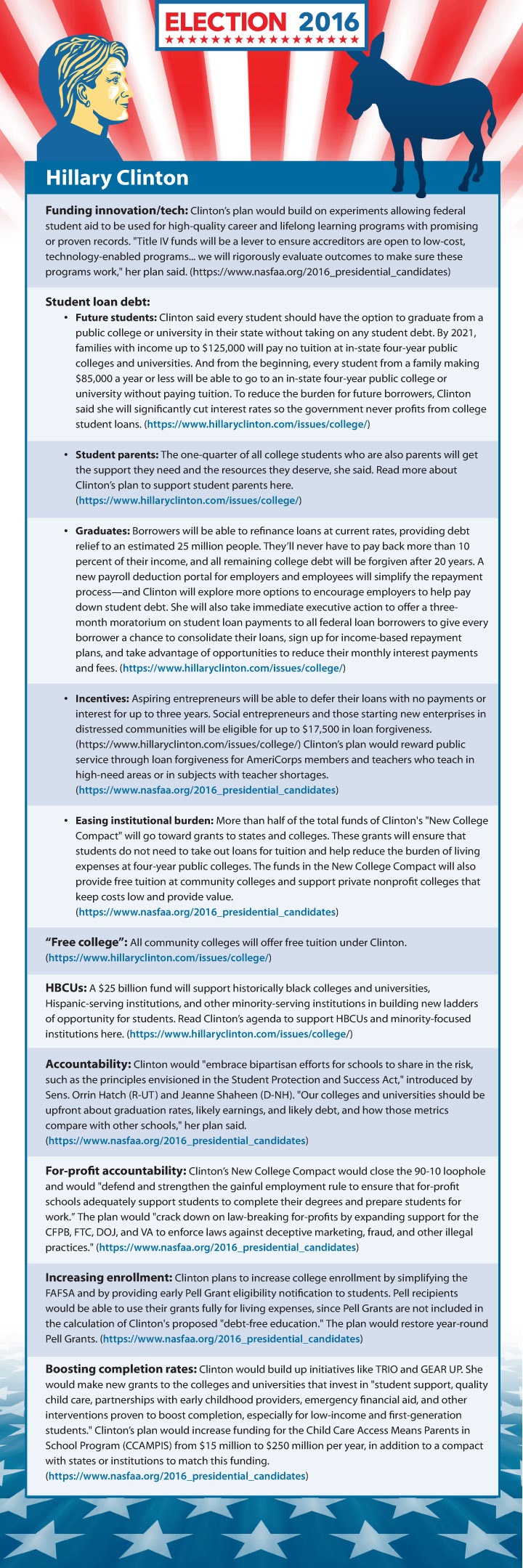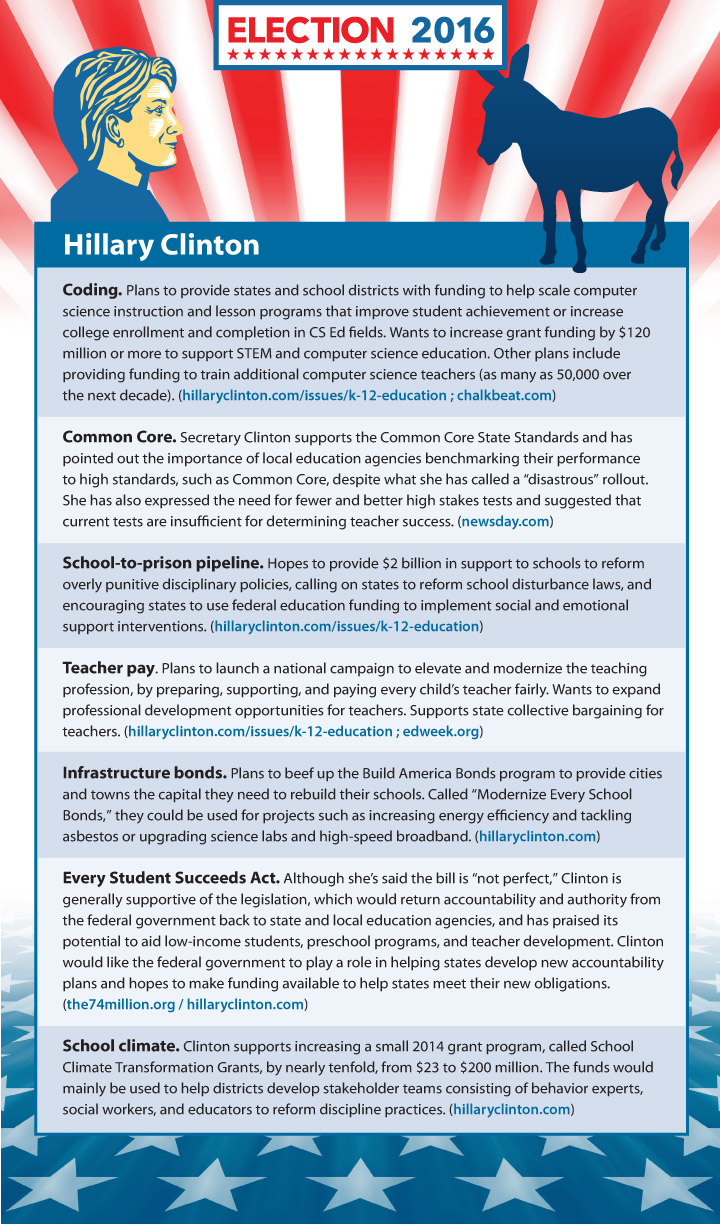Plagiarism: Past, Present, and Future
https://www.linkedin.com/pulse/plagiarism-past-present-future-josh-howell
The proper solution to plagiarism in our nation’s schools is education and vigilance. Students should understand the role of academic integrity inside their own work, and be held accountable when they are not in accordance with academic policies and honor codes. Self-plagiarism, incorrect citations, no citations, or even word for word copying must be taught to students on a regular basis. Updates to both MLA and APA are ongoing as well; therefor, even graduates must stay current with how their citation methods change overtime.
My response to this LInkedIn entry:
Here is most of the information, I have collected on plagiarism, academic integrity, academic dishonesty. I added also Joshe’s opinion LinkedIn entry:
https://blog.stcloudstate.edu/ims?s=plagiarism
My firm conviction through the years is that for-profit such as TurnitIn are a smoke-screen, opportunists, which are trying to bank on lack of organized approach toward educating students and ourselves about the increasing nebulous areas of plagiarism (due to the increasing digitization of our work). It is in their interest to use scare tactics and try to convince us that computerization is the answer. Anyone, who had proofread papers for more than two semesters can detect easily the change of style, the lack of punctuation and other little, but significant details in the writing process. Since, the instructor has to read the paper for content anyhow, it is just preposterous to seek multiple-thousand dollars software license to replace the instructor.
The literature shows that the predominant percentage of students committing plagiarism is doing it due to lack of proper explanation and education. I that sense, I support Josh’s choice of words: education and vigilance. My only addition is that the vigilance must be human based, not machine-based. Higher admin shouldn’t squander finances in purchasing more licenses and cutting faculty positions, but invest in well-rounded and capable faculty.
+++++++++++++++++++++
more on plagiarism in this IMS blog:
https://blog.stcloudstate.edu/ims?s=plagiarism
Mobile Device Management – Strategies for Success
Wednesday, November 09, 2016 | 02:00 PM EST // 11:00 AM PDT
Join us for this free webinar
explore the use and management of mobile devices at schools. Whether your school offers school-issued, BYOD or a combination of both device ownerships
++++++++++++
more on BYOD in education in this IMS blog:
https://blog.stcloudstate.edu/ims?s=byod
Digitorium 2017
The conference welcomes proposals for papers and interactive presentations about research or teaching approaches using digital methods. For the first time in 2017, Digitorium also seeks to provide training opportunities for scholars of all levels keen to learn new digital techniques to advance their work, whether by learning a new digital mapping tool, discovering simple ways of visualizing research findings, using computers to conduct large-scale qualitative research, or experimenting with big data approaches at your desktop. There will be a stream of hands-on workshops running throughout the conference enabling participants both to share their own work, and also to expand their portfolio.
Digitorium 2017 will take place from Thursday 2nd to Saturday 4th March, and again, our primary focus is on digital methods, as this has provided fertile ground for interdisciplinary conversations to grow. There will be “tracks” through the conference based on: methods; early modern studies; American studies; and digital pedagogy. We welcome presentations on any topics engaging digital methods for scholarly purposes, whether for research, teaching, or community projects.
In 2017, the conference is expanding once more to offer not only multiple plenary sessions, panels, papers, and roundtables, but also a concerted series of workshops offering training for delegates in a variety of Digital Humanities techniques for research and teaching, from mapping to text encoding, digital data analysis, and more, to support enhanced professional development opportunities at the conference for faculty, staff, and graduate students.
This year, we are proud to present two plenary sessions and our first-ever plenary hackathon! Professor Scott Gwara (Univ. of South Carolina) will be presenting on MS-Link, a database that he created reunifying scattered manuscripts into full digital codices. Additionally, joint principal investigators of the Isabella D’Este Archive (IDEA) Project, Professor Anne MacNeil (Univ. of North Carolina at Chapel Hill) and Professor Deanna Shemek (Univ. of California Santa Cruz) will be presenting their work on a digital archive uniting music, letters, and ceramics, and will lead our first live hackathon, engaging participants in the new virtual reality component of their project.
There will once again be a discounted “group rate” for registration to enable participants to bring their team with them, as collaboration is such a hallmark in digital scholarship, and it would be great to be able to hear about projects from multiple different perspectives from the people working together on them. There are also discounted rates available for graduate student presenters, and UA faculty. I do not mean to impose, but if this is an event which would be of interest to colleagues and collaborators, I would be enormously grateful if you might be able to circulate our CFP or a link to our website with them, we really want to let as many people as possible know about the conference to ensure it will be a real success.
Here is a link to the website which includes the full-length CFP:
https://apps.lib.ua.edu/blogs/digitorium/
Methods provide the focus for our conference, both in a pragmatic sense in terms of the use of different techniques to achieve particular DH projects, but also the ways in which sharing digital methods can create new links between disciplines in the humanities and social sciences. The idea powering Digitorium is to build on the community which has emerged in the course of the previous two years’ events in order to create a space for conversations to take place between scholars, graduate students, and practitioners from many different disciplines about their shared methods and techniques which unite them in their digital work.
++++++++++++++++++
more on digital humanities in this IMS blog:
https://blog.stcloudstate.edu/ims?s=digital+humanities
My note:
I listened to the report in my car yesterday. It is another sober reminder for being proactive rather then reactive (or punitive). We must work toward digital literacy and go beyond that comfortably numb stage of information literacy.
An Experiment Shows How Quickly The Internet Of Things Can Be Hacked
http://www.npr.org/sections/alltechconsidered/2016/11/01/500253637/an-experiment-shows-how-quickly-the-internet-of-things-can-be-hacked
We have basic security in place in modern devices that screen out the most obvious attacks. Really getting phished, if you will, is more of a problem where you are tricked in surrendering your password or username to a common service. If you plug in your webcam into your router or to your Wi-Fi, you’re relatively safe.
I think the biggest security concern for folks at home would be if their router actually is old, it might have an easily guessed password that someone could gain control. Most modern devices don’t have that problem, but that certainly is a concern for older devices.
+++++++++++
more on cybersecurity in this blog:
https://blog.stcloudstate.edu/ims?s=cybersecurity
Here’s where Hillary Clinton and Donald Trump stand on the biggest K-12 issues
By Stephen Noonoo
October 24th, 2016
more than 2,500 educators responded to an
informal eSchool News poll asking which candidate best represented their vision for the future of K-12 education. (Clinton won that poll with 58 percent of the vote, while Trump received 28 percent; 12 percent were undecided.)
about the candidates and their positions on education, check out the
infographic compiled by eCampus News, which hones in on higher education issues, such as college tuition costs.


++++++++++++++++++++
more on presidential election in this IMS blog:
https://blog.stcloudstate.edu/ims?s=election
Google Researchers Create AI That Builds Its Own Encryption
BY TOM BRANT OCTOBER 28, 2016 04:45PM EST
http://www.pcmag.com/news/349154/google-researchers-create-ai-that-builds-its-own-encryption
Alice and Bob have figured out a way to have a conversation without Eve being able to overhear, no matter how hard she tries.
They’re artificial intelligence algorithms created by Google engineers, and their ability to create an encryption protocol that Eve (also an AI algorithm) can’t hack is being hailed as an important advance in machine learning and cryptography.
Martin Abadi and David G. Andersen, explained in a paper published this week that their experiment is intended to find out if neural networks—the building blocks of AI—can learn to communicate secretly.
As the Abadi and Anderson wrote, “instead of training each of Alice and Bob separately to implement some known cryptosystem, we train Alice and Bob jointly to communicate successfully and to defeat Eve without a pre-specified notion of what cryptosystem they may discover for this purpose.”
same in German
Googles AI entwickelt eigenständig Verschlüsselung
Google-Forscher Martin Abadi und David G. Andersen des Deep-Learning-Projekts “Google Brain” eine neue Verschlüsselungsmethode entwickelt beziehungsweise entwickeln lassen. Die Forscher haben verschiedene neurale Netze damit beauftragt, eine abhörsichere Kommunikation aufzustellen.
++++++++++++++++
more on AI in this IMS blog:
https://blog.stcloudstate.edu/ims?s=artificial+intelligence

